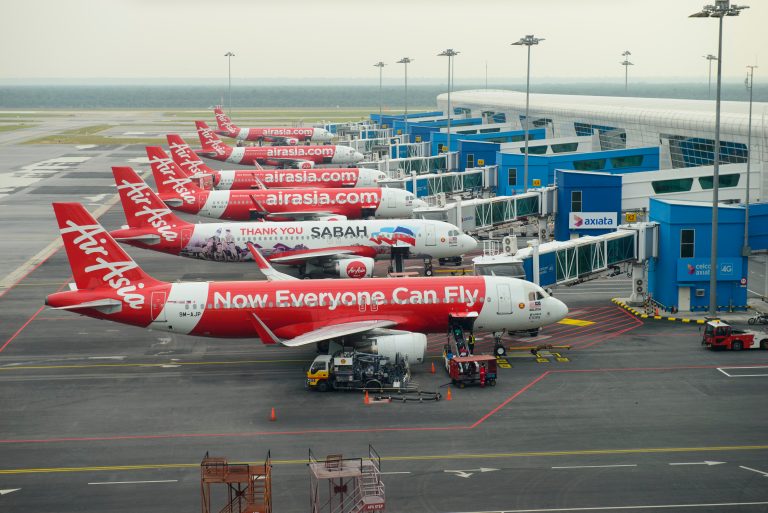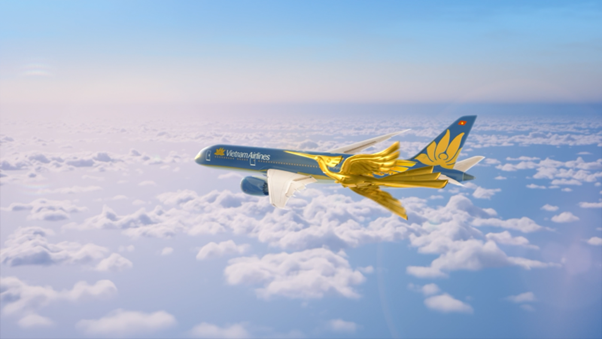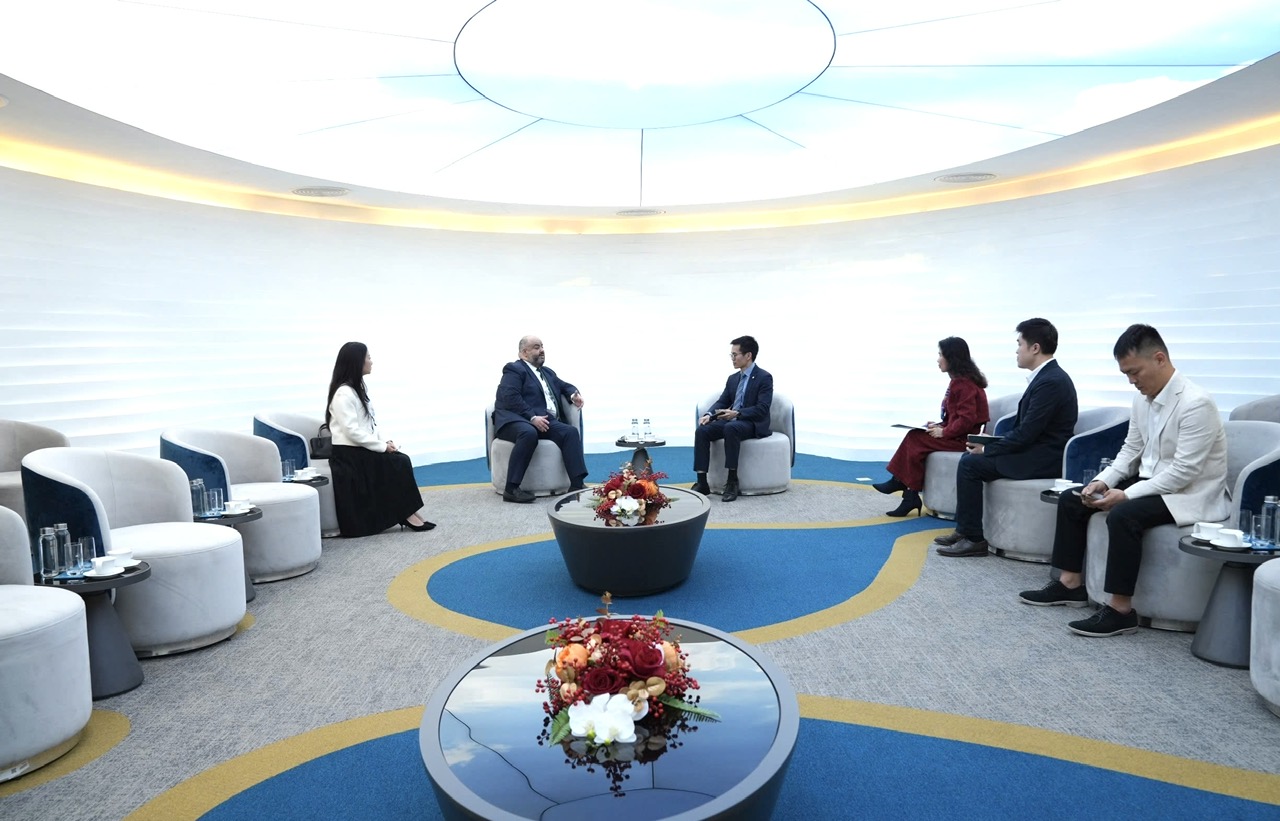
AirAsia has had to shut its Japanese unit as a result of the COVID-19 pandemic. (Photo: Shutterstock)
The weaker performance was due to a shortfall in revenue and several costs, including a loss of forex and fair value on derivatives of RM157 million as well as a fuel swap loss of RM30 million, the low-cost carrier group said. Excluding these items as well as a gain on disposal of RM40 million, the group would have reported a net loss after tax of RM829 million. A significant RM527 million of the loss was related to depreciation of right-of-use assets and interest on lease liabilities. This was despite successful negotiations for deferrals with lessors.
The consolidated group posted first-quarter revenue of RM298 million, higher by 12 percent quarter-on-quarter but down 87 percent year-on-year. Airline revenue decreased 91 percent year-on-year and 12 percent on a quarterly basis due to limited travel caused by the lockdown imposed in Malaysia since January 2021. Less impacted in the quarter, non-airline revenue declined 36 percent year-on-year.
The CEO of AirAsia Group, Tony Fernandes, said the company “laid the right foundations for a more robust and resilient future. We are seeing our hard work in 2020 starting to pay off with a leaner and more optimised airline operation and a significantly lower cost base and cash burn (on a quarterly basis). This was despite starting 2021 with international borders remaining closed and further domestic travel restrictions put into place as many countries experienced a third wave of the pandemic. I am thrilled with the accelerated growth of our non-airline digital businesses, the majority of which are already profitable. We are on track to achieve our goal of becoming the ASEAN super app of choice. We are now one of the top OTAs in the region, our e-commerce and logistics venture Teleport is going from strength to strength and our other non-airline businesses are expanding in line with strong demand.”
Fernandes said the company was successful in solidifying its capital base and said the group raised RM336 million via a private placement in the first quarter. He said the company also has approval letters from various banks for financing under Malaysia’s government-backed Danajamin financial programme. “Our aim is to raise RM1 billion under the Danajamin scheme in Malaysia, as well as to raise new capital in Indonesia and the Philippines. As for lease restructuring, we are in ongoing negotiations with our lessors and discussions so far have been encouraging”, Fernandes said.
“With vaccinations, better testing capabilities, the potential of a global digital health passports, further formation of travel bubbles in ASEAN, end-to-end contactless procedures and many digital products already in place for AirAsia, we remain optimistic of a recovery within the next two years,” Fernandes said. “Also, based on our funding efforts and recent development of vaccination against the COVID-19 pandemic and the implementation of national vaccination programmes, our external auditor has acknowledged and provided a positive note in their FY2020 audit report.”
Cre: Asian Aviation
Nguyen Xuan Nghia – COMM










